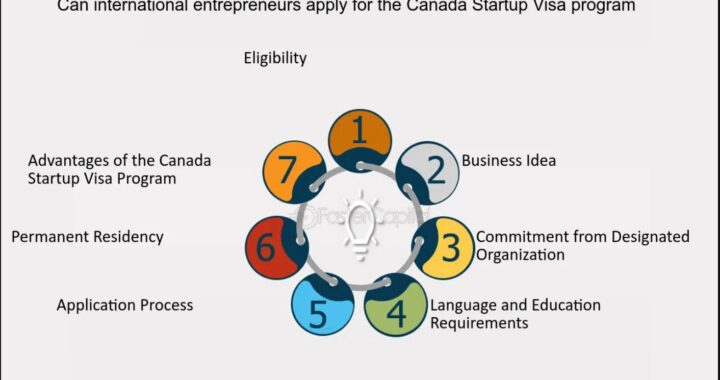Canada Work Permit Rules to get tighten, International Students Possibly to Get Affected especially Indian

In a new move that possibly puts the future of many students including many Indian students at risk, the Canadian government along with the provenance of Quebec has decided to make the rules tighten for obtaining a work permit for certain graduates of private educational institutions which are non-subsidized.
Under this new regulation, effective from the 1st of September of 2023, Quebec’s post-graduation work permit will be access to the students who are graduated from a subsidized study programme at institutions that are monitored by the provincial government.
This new regulation will certainly affect numerous international students who pursue their graduation to get a work permit, which is necessary to get permanent residency in Canada. Nearly, 5000 students had received a work permit through this non-subsidized educational institution from 2016 to 2018. This number jumped to the peak in the year 2019-2021 to 11500 students.
The fee structure offered by such colleges ranges from 15000 to 25000 Canadian dollars (CAD) which can be roughly converted to 9 to 15 lakh in Indian currency. Many colleges used the route of seeking permanent residency through work permits to attract international students, especially from India.
Sean Fraser, Canada’s minister of immigration, Refugees, and citizenship, and John Boulet, Quebec’s minister of immigration issued a joint statement that this move will protect Canada’s reputation of being a preferred choice of international students and certainly will improve ‘programme integrity as reported by leading news daily.
Canada has arisen as one of the top international centers for Indian students. A mentor conference poll conducted in 2021 by Foreign Admits has shown that 64 percent of total Indian students who wants to pursue their study abroad choose either the US or Canada. As high as 79 percent of the student believe that the chances of employment especially with reputed organizations boost if they study in foreign universities.
In India, Maharashtra holds the highest number of such students which is 16.31 percent. Over half of the participants that are 52.19 percent are from the southern states of India including Telangana, Andhra Pradesh, Kerala, Tamilnadu, and Karnataka.

 What actions by Trump Government are in store for illegal immigrants in US? What are Challenges to deport illegal immigrants from US?
What actions by Trump Government are in store for illegal immigrants in US? What are Challenges to deport illegal immigrants from US?  What are changes in Canada Start up Visa Program and Self-Employed Persons Program. How would it affect the potential immigrants to Canada?
What are changes in Canada Start up Visa Program and Self-Employed Persons Program. How would it affect the potential immigrants to Canada?  Launch Your Dreams: A Guide to Canada’s Start-Up Visa Program for Global Entrepreneurs
Launch Your Dreams: A Guide to Canada’s Start-Up Visa Program for Global Entrepreneurs  Options for Immigrating to Canada as a Healthcare Worker- Best Canadian Provinces that offer good salaries
Options for Immigrating to Canada as a Healthcare Worker- Best Canadian Provinces that offer good salaries  Immigrating to Quebec province Canada- Professions in demand with salaries- Racial Discrimination
Immigrating to Quebec province Canada- Professions in demand with salaries- Racial Discrimination  H1B Visa- Eligibility Requirements- its Duration- Process to apply and Professions in demand
H1B Visa- Eligibility Requirements- its Duration- Process to apply and Professions in demand  Recent Changes to Canada’s Work Permit Rules and its impact on Immigrants from India
Recent Changes to Canada’s Work Permit Rules and its impact on Immigrants from India  Applications for UK Immigration witness major decline as the Immigration Laws undergo significant changes
Applications for UK Immigration witness major decline as the Immigration Laws undergo significant changes